PKP has established relationships with the organizations listed below. We continue to add to this set of partnerships and welcome inquiries from scholarly communication organizations or associations that find value in such an alignment around common interests.
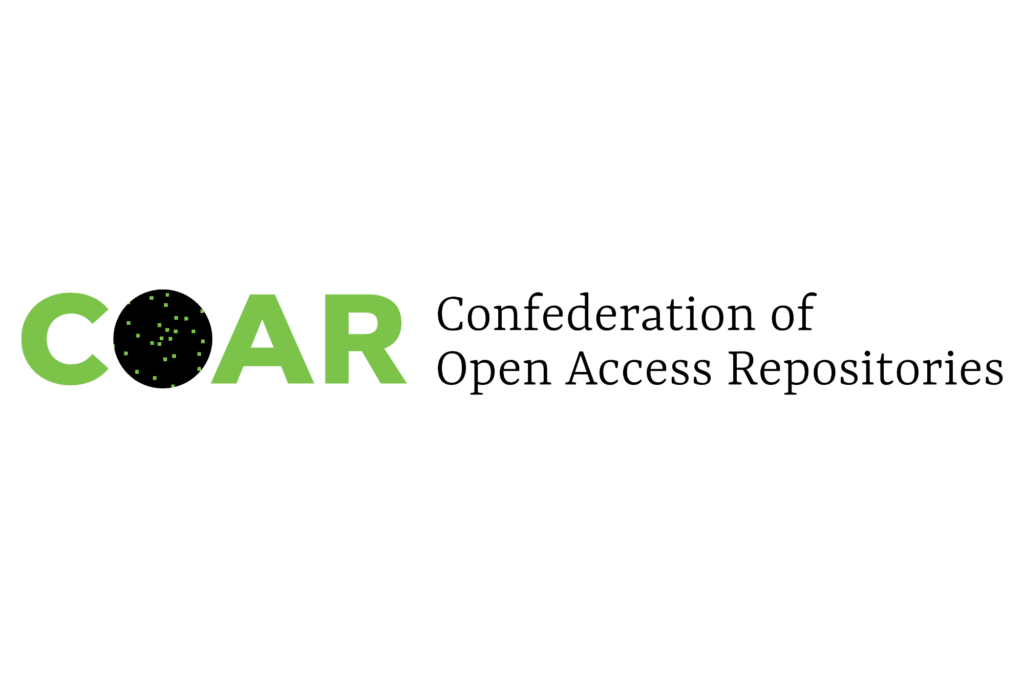
CONFEDERATION OF OPEN ACCESS REPOSITORIES
PKP collaborates with COAR in identifying opportunities to enhance the interoperability between journal publishing and repositories.
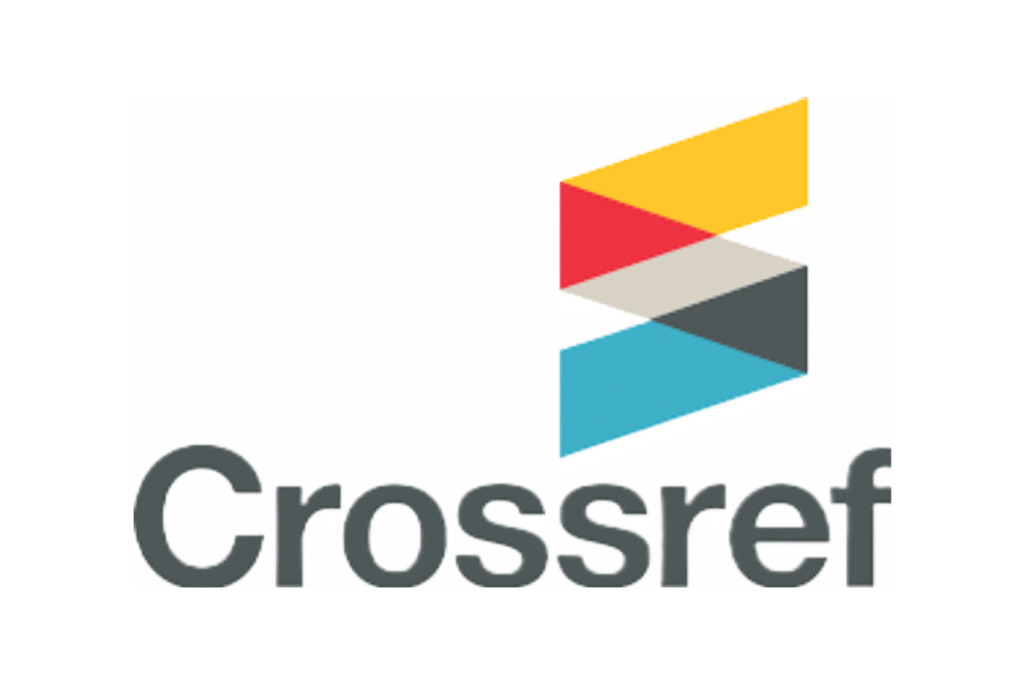
CROSSREF
PKP and Crossref work closely together to ensure the widespread use of Digital Object Identifiers (DOI) within our software applications.
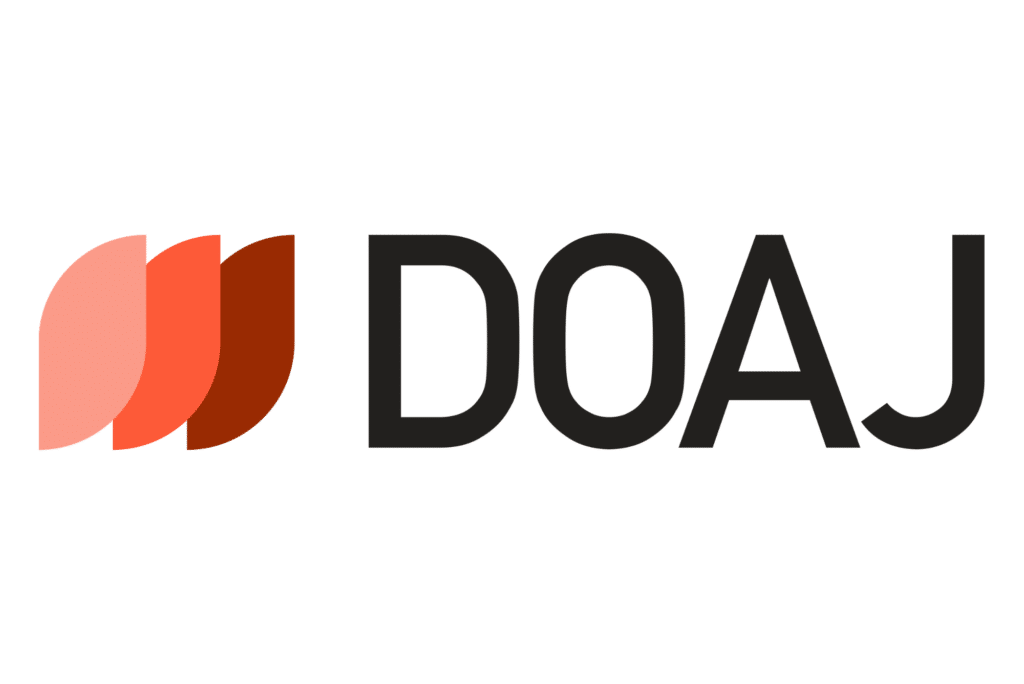
DOAJ
PKP works with the Directory of Open Access Journals (DOAJ) to ensure a smooth application process for OJS journals into their Directory, and also, through settings with OJS, to help the DOAJ more easily assess applications to join their Directory. PKP also collaborates with the DOAJ and CLOCKSS, Internet Archive, and Keepers Registry in the JASPER initiative to ensure the long-term preservation of open access journals.
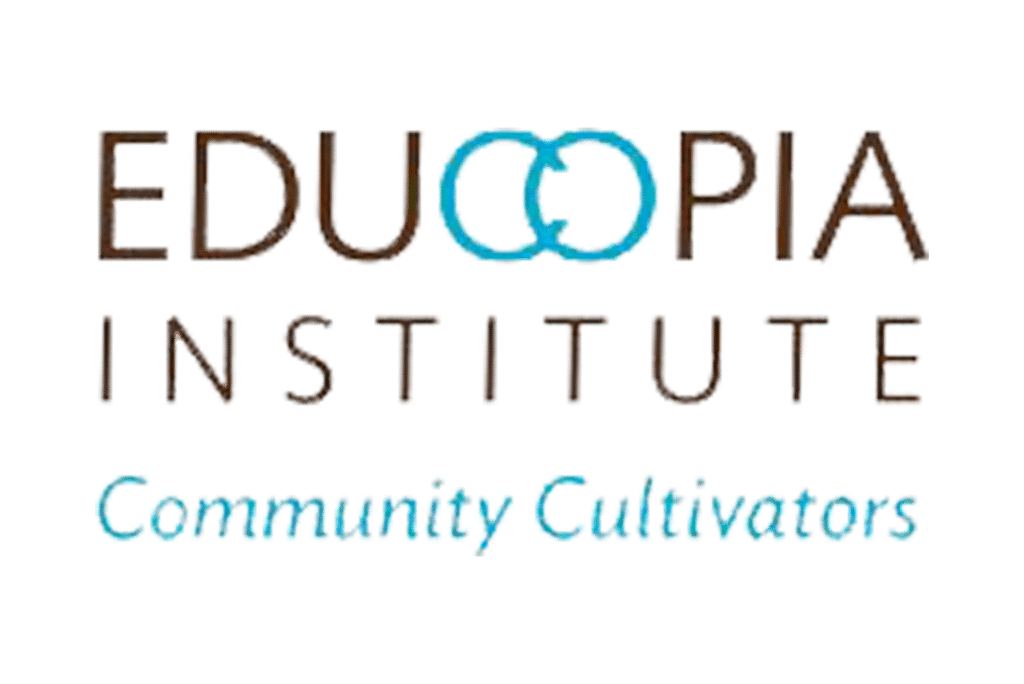
EDUCOPIA
PKP has been a frequent collaborator in Educopia projects, bringing much value to the scholarly communications sector, including the Library Publishing Coalition, the Library Publishing Curriculum, the FOREST framework, and others.
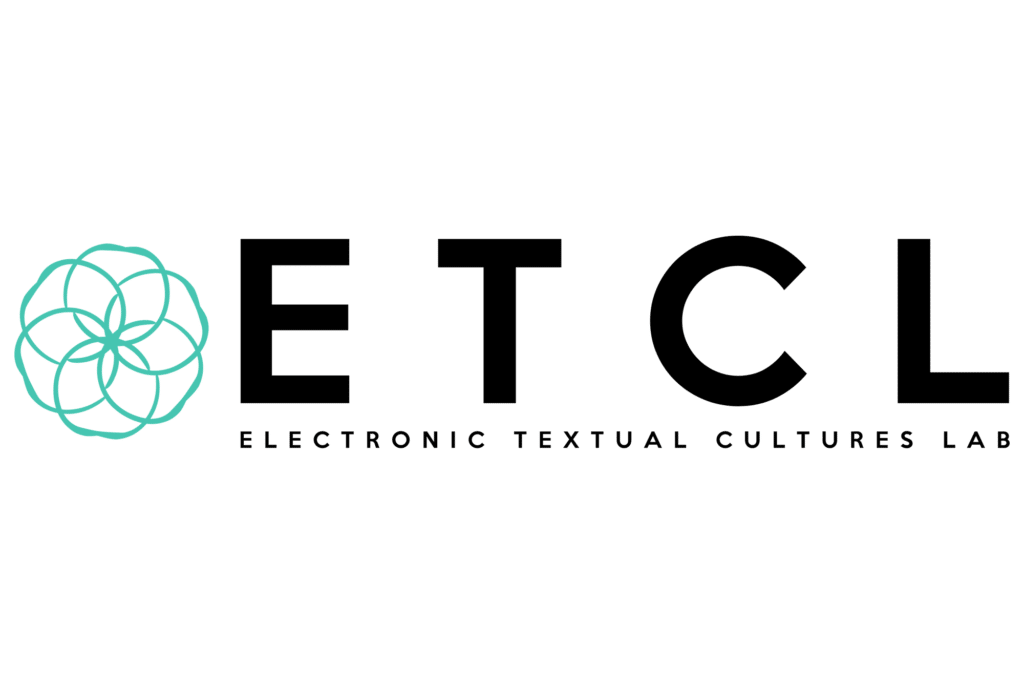
ELECTRONIC TEXTUAL CULTURES LAB
PKP is an active participant in ETCL’s Implementing New Knowledge Environments (INKE) research project with the goal of fostering open social scholarship that enables the creation, dissemination, and engagement of open research by specialists and non-specialists in accessible and significant ways.

GOOGLE SCHOLAR
PKP works with Google Scholar to ensure high visibility to users of our software applications.
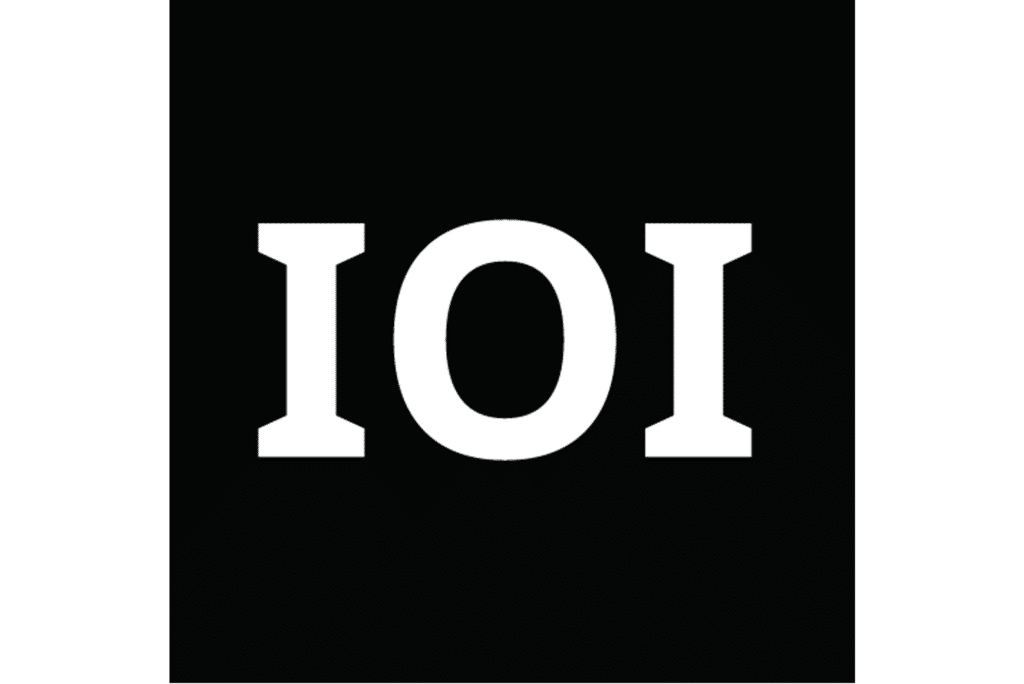
INVEST IN OPEN INFRASTRUCTURE (IOI)
PKP and IOI share the goals of supporting open scholarly infrastructure. Since its inception, IOI has consulted and analyzed PKP in its efforts to better understand the needs of those building open infrastructure.

LIBRARIA
PKP was a founding member of this collective of scholars in anthropology, supported by a committed group of libraries. Together they commissioned a study to identify ways independent open access social science journals might partner to sustain their work.
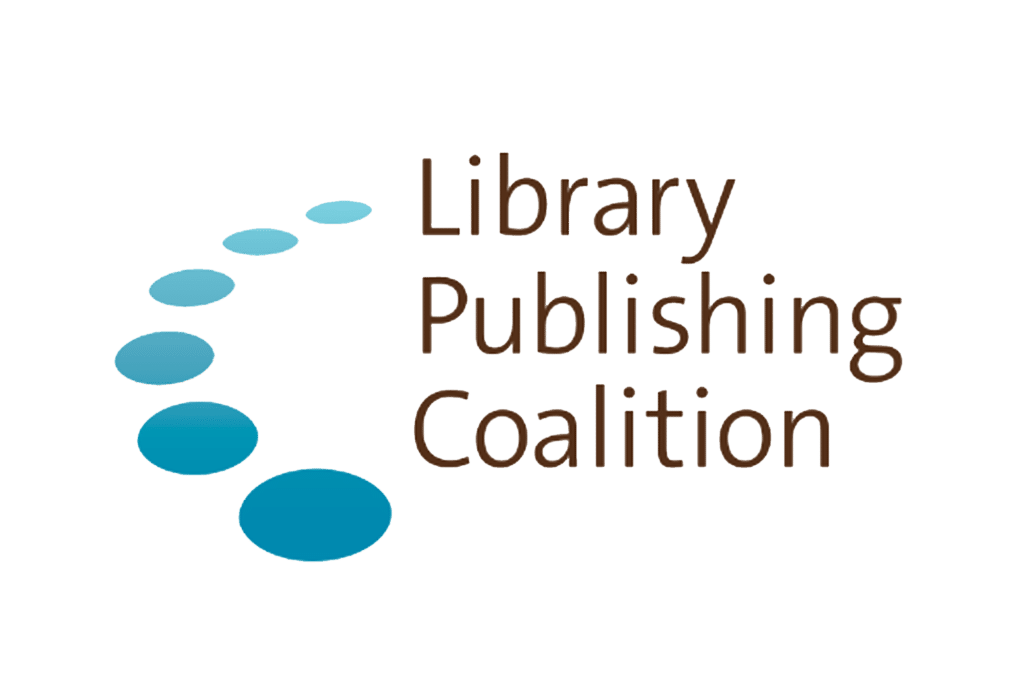
THE LIBRARY PUBLISHING COALITION
The LPC brings together library publishers from around the world, many of whom make extensive use of PKP software applications. PKP is a proud member of the LPC, regularly attending LPC events, and participating on LPC committees and working groups.
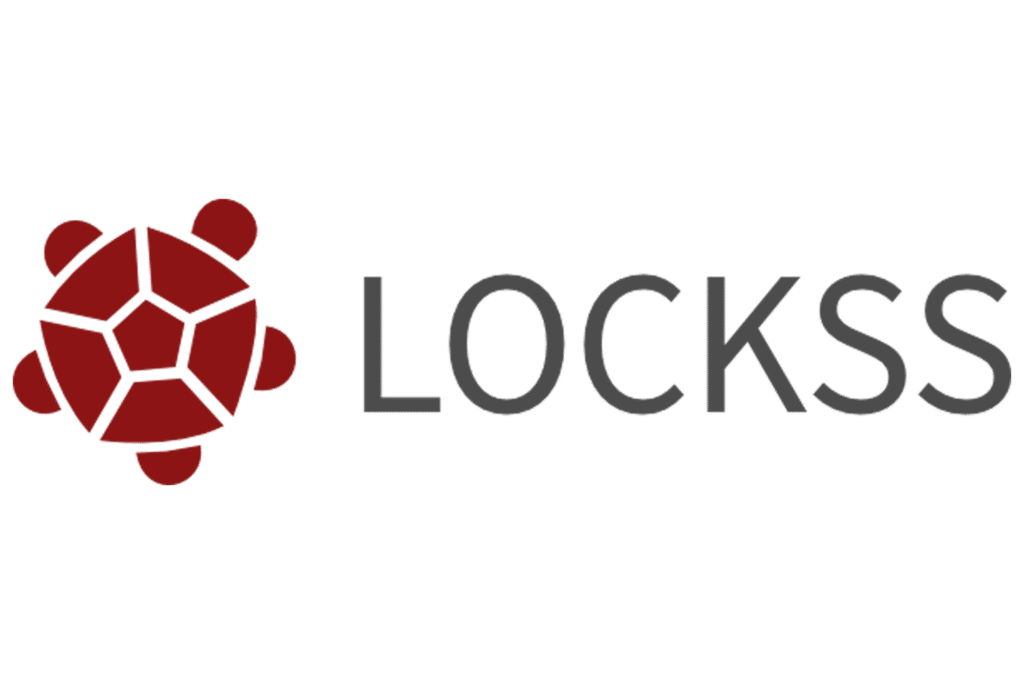
LOCKSS (LOTS OF COPIES KEEP STUFF SAFE)
Developed at Stanford University, LOCKSS provides the software and technical foundation for PKP’s Preservation Network. Our collaboration with LOCKSS helps ensure the long-term availability of a massive body of diamond OA journals using OJS, in case of a trigger event.
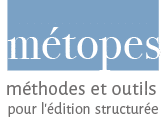
MÉTOPES
PKP is collaborating with MÉTOPES, Open Edition, and OPERAS in the Fair Environment for Structured Editing project, which seeks to develop a JATS XML framework for journals.

OPEN ACADEMIA
Open Academia provides a range of services to PKP Publishing Services hosted clients, including production and editorial support.

OPERAS
PKP is a strong supporter of OPERAS (the Research Infrastructure supporting open scholarly communication in the social sciences and humanities (SSH) in the European Research Area), participating in its community-based governance, and collaborates in areas of shared development and research.
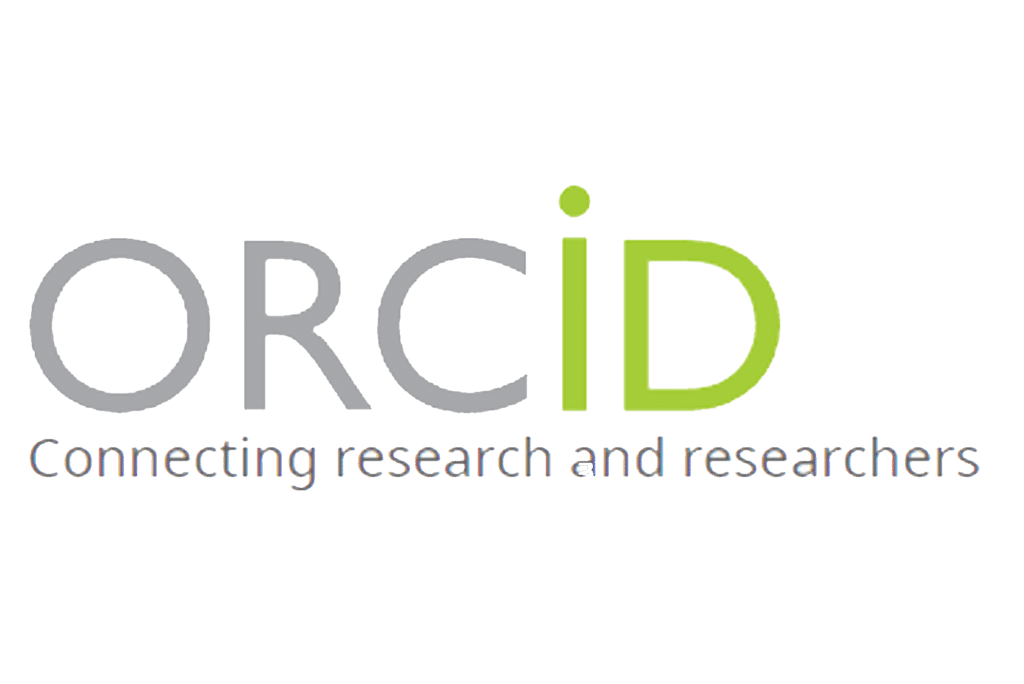
ORCID
PKP collaborates closely with ORCID to integrate ORCID IDs within our software applications to ensure transparency and integrity in publishing activities.

S2O
PKP helped establish S2O’s pragmatic approach for converting subscription journals to open access without reliance on either article processing charges (APCs) or altruism. PKP continues to enthusiastically endorse this sustainable direction for extending open access.
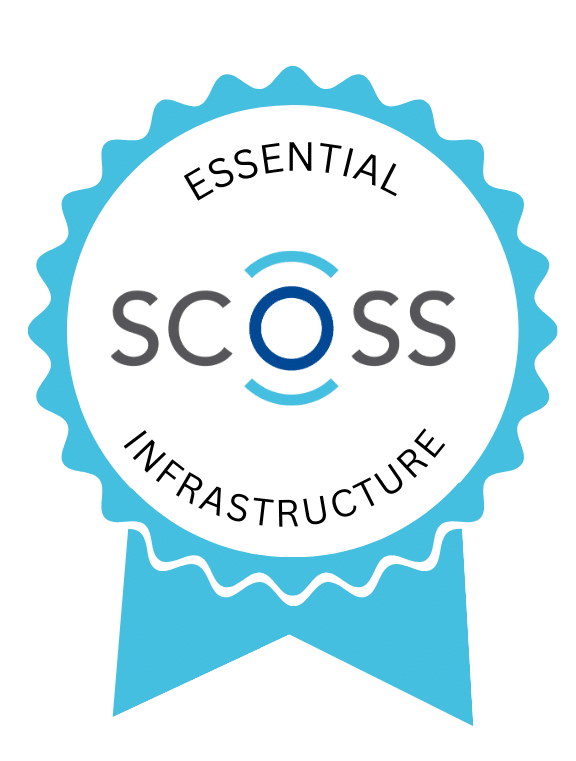
SCOSS
PKP is one of the open infrastructures assessed and financed by the Global Sustainability Coalition for Open Science Services’ (SCOSS) second round of collaborative funding. Their support has helped PKP connect with many new financial contributors.
